Good democratic governance that caters to the welfare of all citizens and stimulates desired national development, stems from having the right leadership values and strong institutions upon which they are implemented, says Pat Utomi, a Professor of Political Economy and Entrepreneurship.
Utomi, who was a guest speaker at a Twitter space conversation organised by Prime Business Africa on Friday, 26 January 2024 stated that Nigeria lacks real political parties driving true democracy.
Join our WhatsApp ChannelSpeaking on the theme “Democracy, Governance and National Performance,” Prof. Utomi expressed dismay at the manner in which those who aspire to public offices play politics of ‘do or die’. He stressed that politics in its ideal form supposed to be an arena for people with diverse ideas on how to move a nation forward.
“Politics is supposed to be an arena for contestation of ideas, where two best friends in the world can have ideas on how best to organise society and pursue them without their friendship being affected.
READ ALSO: Living Beyond Grit: How Embers Of Hope For Nigeria Still Flicker In My Soul – Utomi
“The fact is that we don’t have true political parties in Nigeria, and we don’t have ideas in politics. So, because politics is seen by many of those who get into it as a part to prestige, ego, and wealth, it becomes do or die, and because we do not have rational public conversation, our nation is dying; the quality of governance is trashed, and we stumble.”
He asserted that for good governance to thrive, leaders must consciously build powerful institutions nurtured by positive values and not strong individuals who abuse power for their selfish gain.
Making reference to comments made by former United States President, Barrack Obama in Accra, Ghana, that African countries have strong men and not strong institutions, Utomi maintained that until the leaders develop the culture of building strong institutions, they won’t make any headway in achieving good governance.
He cited an example of a comparative study between the United States of America and Argentina on how strong institutions help in national development. With both countries literally down in the stages of development around 1929, he said America worked very hard over the years to build strong institutions, guided by a strong national constitution, while Argentina became weaker.
“It follows therefore that if we are a wise people, building strong institutions should be a critical part of our emphasis,” Utomi emphasised.
He also observed that cultivating good cultural values is responsible for the progress of every society and a political party which eventually becomes the machinery for having access to political authority, must be ingrained with unique cultural values that in other words, inform their ideology.
Coming back to the Nigerian system, Utomi noted with concern that the very concept of democracy has been literally abrogated by “a systematic and conscious effort by politicians to destroy democratic institutions.”
He said INEC and the judiciary which are some of the major institutions of democracy, have been compromised, coupled with endemic corruption which like cancer, has eaten deep into the fabric of the nation.
He also berated politicians in the country who whip up ethnic sentiments to advance their selfish interests without being mindful of the impact on peace and stability in the country.
Earlier in his opening remarks, Publisher/Editor-in-Chief of Prime Business Africa, Dr Marcel Mbamalu, said the intellectual discourse was centred around reflecting on the governance system in Nigeria in the last six decades and how activities of political leaders have affected national development. Reflecting on democratic governance activities in the country since independence, Dr Mbamalu, who was the host of the Twitter Space, described it as “an insured impunity for misrule.”
He said the political leaders have increasingly feasted on the national resources and wilfully ignored warnings about the impact of their conduct on good governance and are ready to deal with anyone or group who opposes such bad leadership.
He observed that Nigeria’s electoral process is seen by many as a “botched system that effectively shuts out credible candidates given the structure of political parties and the process of electing flagbearers for election purposes.” He noted that the outcome of the 2023 general elections led to widespread discontent for political leaders by the electorates.
With the elections over, and the incumbent president having conquered political battles even to the Supreme Court despite daunting eligibility odds, Mbamalu remarked that the government has moved on as if everything is fine, even with cases of corruption by public officials, rising insecurity and challenges of economic hardship caused by surging inflation, and currency depreciation among others, as a result of tough decisions of the current administration.
The Centre for Values in Leadership (CVL) founded and led by Prof Utomi is organizing an international leadership conference/symposium from 5 to 6 February 2024 in Lagos.
Speaking on what informed his decision to establish CVL 20 years ago, Utomi said it was borne out of his quest to help the upcoming generation cultivate good leadership values that include having a sense of sacrifice and service, especially to the less privileged and vulnerable groups. These attributes, he said, were grossly lacking in the attitude of a set of people who call themselves leaders in Nigeria today.
Utomi highlighted several activities that CVL has engaged in over the last two decades, such as symposia, leadership and empowerment training, widows support and the Nigeria History Series (NHS). He said NHS, a virtual programme anchored by the centre, had reflected on what had happened in the past, and what went wrong in various sectors including politics/governance, health, and oil and gas sectors among others. “We have led several programmes to set the right context for leadership,” Utomi said about the activities of CVL.
He added that the organisation has also explored programmes that help in raising the status and improving the welfare of women.”
Victor Ezeja is a passionate journalist with six years of experience writing on economy, politics and energy. He holds a Masters degree in Mass Communication.

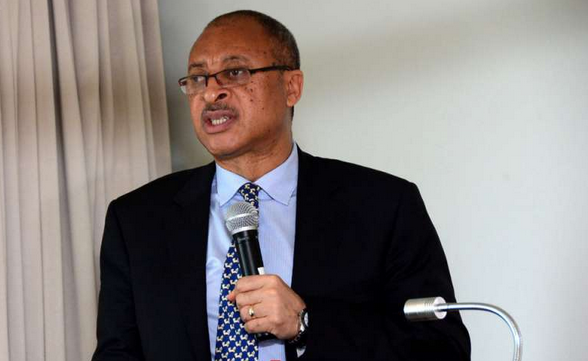



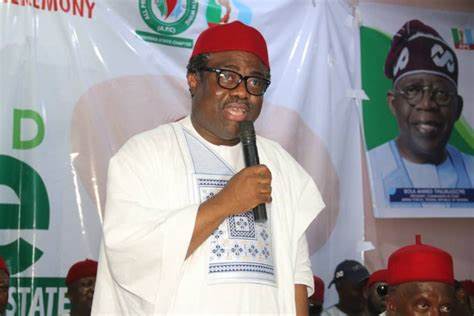
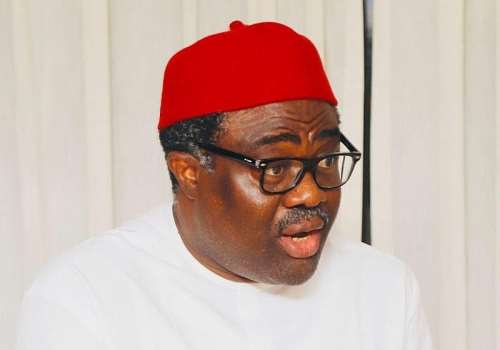







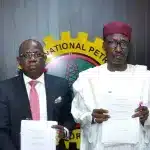

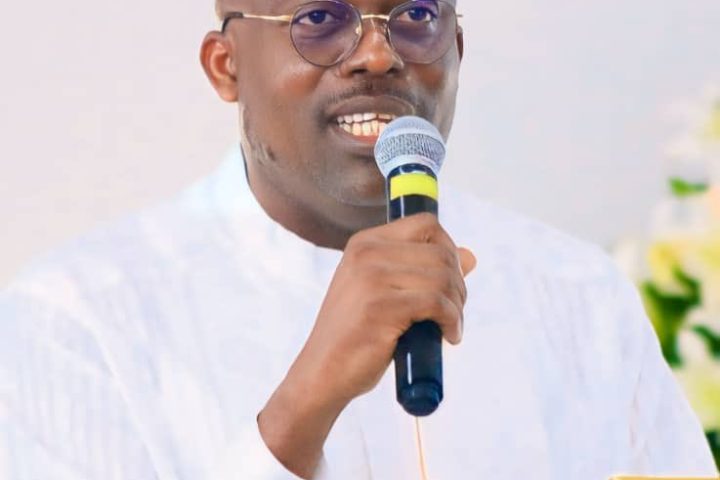
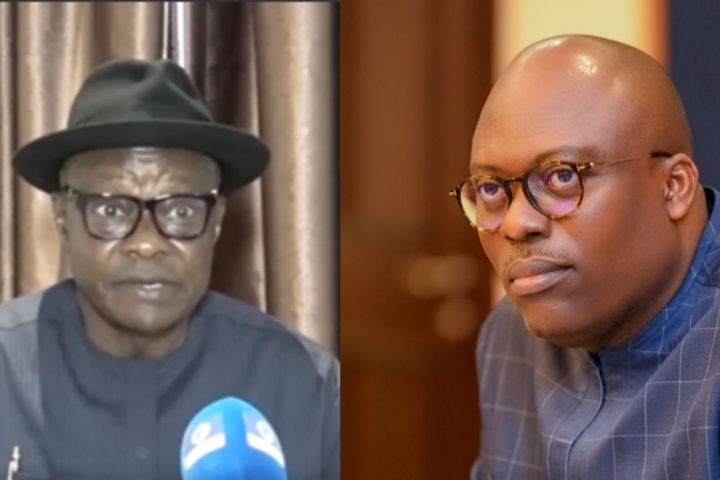
Follow Us